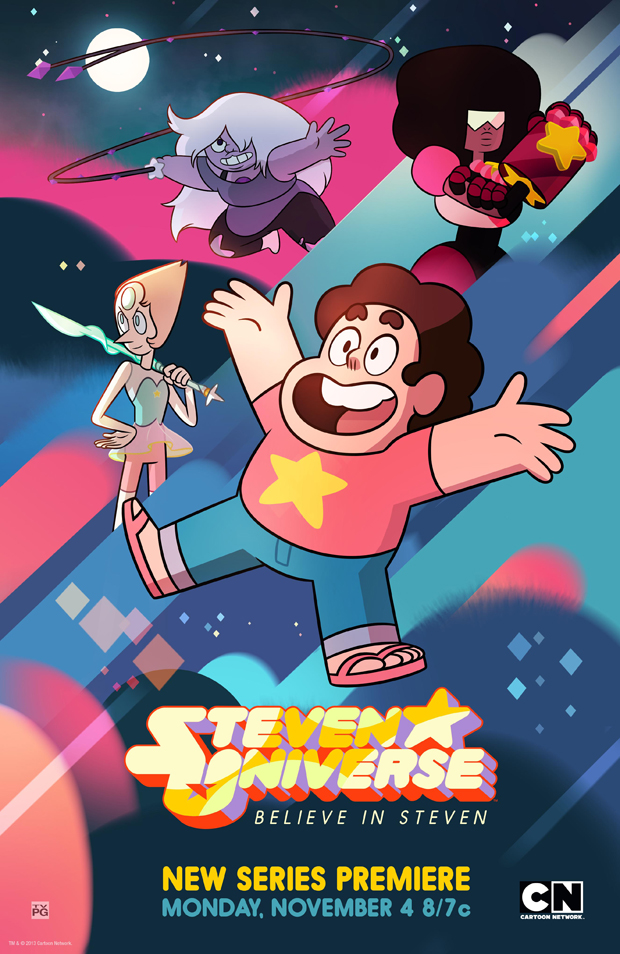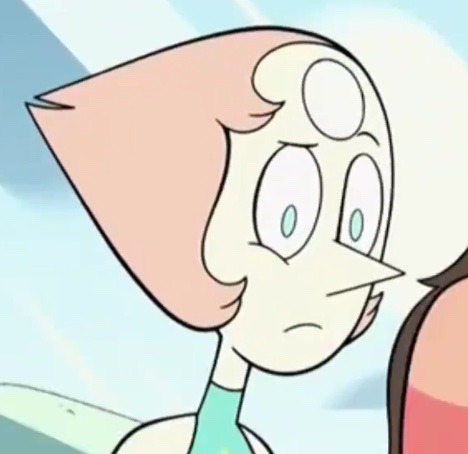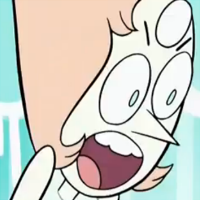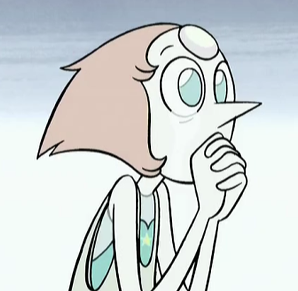
So, I got a comment on this photo I posted.
 (Note: I have deleted the comment so please do not attempt to track it down.)
(Note: I have deleted the comment so please do not attempt to track it down.)
This guy's comment makes sense to an extent, considering the fact that autism is labeled as a disorder and it does come with struggles and comorbid conditions. Plus, this person has a right to their own opinion, as does everyone else.
However, to someone who has spent most of their life coming to terms with my differences and accepting myself, his comment was unnecessary and a bit insensitive.
Autism is a huge part of who I am, as it affects just about every facet of my life.
Either this individual doesn't understand that, or perhaps he is an undiagnosed aspie with low self-esteem, or a stressed parent of a severely autistic child. If it's either of my last two assumptions, I'm guessing that he posted it out of bitterness. Either way, I disagree with his perspective.
I try to be a peacekeeper. So instead of replying to his comment, I decided to use it to educate others on the meaning of Autistic Pride Day in this blog post. I will also mention Autism Acceptance Day since they are related.
---Autism Acceptance Day---
This is the alternate name for Autism Awareness Day, as dubbed by autistics. Amongst the fear-mongering messages of those pushing "cures" for autism, autistics have begun to take a different approach, promoting acceptance and positivity towards autism, since it there is no cure. This positive perspective is often attributed to the Neurodiversity Movement, which is based on the idea that everyone's brains work differently and that's perfectly okay.
P.S.: I would have shared this for Autism Acceptance Day had I not been a bit paralyzed by all the negativity spreading around on social media... it still applies to Autistic Pride Day, so feel free to share it!

---Autistic Pride Day---
While Autistic Pride is similar to the Gay Pride movement, it is not the same in the sense that it has less to do with changing laws and more to do with changing perspectives. It seems to focus on dispelling the negative stigmas of autism to encourage a positive self-image in those on the spectrum.
Here is the definition:
“Autistic Pride Day, an Aspies for Freedom initiative, is a celebration of the neurodiversity of people on the autism spectrum on 18 June each year.[1][2] Autistic pride recognises the innate potential in all people, including those on the autism spectrum.
(Wikipedia)
How I see it, it’s a way to humanize autism. It shows that we are not just a cluster of symptoms. It shows that we all have a place in this world. It shows that like everyone else, we have our own unique personalities, perspectives, strengths, and weaknesses, and we should accept each other as humans even if we are different.
AUTISTIC PRIDE AS A SOCIAL MOVEMENT
Like any social movement (i.e. gay rights, women’s rights, etc.), there are several sides to the issues surrounding autism. And like any social movement, there is the potential for (and has been) much hostility between those with different perspectives.
Here are several sides that contribute to the debates on autism:
(Note: By “cure” I don’t mean treatment, I am referring to the elimination of autism.)
- Autistics- supporting Neurodiversity, supporting treatment
- Autistics- supporting Neurodiversity, opposing treatment
- Neurotypicals- supporting Neurodiversity, supporting treatement
- Neurotypicals- supporting Neurodiversity, opposing treament
- Neurotypicals- supporting a cure
- Autistics- supporting a cure (ironically)
Among these, it seems that the three groups where the most dissention occurs is between parents of severely autistic children, scientists with the curist mindset, and autistics supporting Neurodiversity.
WHY DO WE GET SO OFFENDED?
In addition to everyone getting their metaphorical panties in a bunch, here are two reasons for hurt feelings and senseless arguing in the autism debate that I see in other movements:
1. Those on opposing sides cannot empathize with each other, and/or do not attempt to understand the other perspectives.
2. There is a severe lack of sensitivity and caution in interacting with opposing sides.
Allow me to elaborate...
1. Let's face it: Everyone's metaphorical shoes are a different size. We may be able to relate on some things, but each person's experience is unique to them. When people of the same social group ban together, it is more difficult to see an individual's perspective due to unavoidable stereotypes and generalizations of that entire group. Unfortunately, many contributors to debates are rigid and unwilling to listen to those they disagree with.
2. Those on either side may demonize the perspectives of opposing groups, even if the opposing opinions are shared in a sensitive way. It doesn't help that some make hurtful statements and generalizations without considering its impact.
In conclusion, there will always be someone who disagrees with me.
That's fine.
I'll do my best to ignore unhelpful comments, but I will surely speak up when someone crosses a line.
I used to be as (internally) negative about autism like the fellow who commented on my page (mostly involving hating myself rather than lashing out), but I realized that got me nowhere. Especially since releasing my documentary, I am finding others like me and learning how to slowly repair the damage done by the negative stigmas attached to my diagnosis.
That is why I embrace Autistic Pride. Because to me, accepting oneself is important to having a fulfilling life.
This is what Autistic Pride means to us.
(actual quotes from autistic people)
"I
can stop hiding in the shadows and shine bright, how I was meant to."
~Tracey Maksymowicz
"Autistic
pride as a movement is very, very meaningful to me. I was diagnosed in July
2009 at the age of 20 - late, because girls are inevitably diagnosed later and
that needs to stop - and I initially felt so, so alone, almost as if I was now
officially on the outside looking in at society. It felt like a label that said
'I don't belong here.' When I started blogging about my autism, however, I
discovered a huge community of fellow autistic adults, people like me who were
seeking to be understood and accepted by society, and I realized that yes, I do
belong here. I belong on this earth, in this society that may not be ready to
accept me yet but someday will. I'm determined to insure that this society
takes me as who I am, not who it wants me to. I am good, I am valid, I am
autistic. And nobody can take that away from me."
"Autistic
pride to me means embracing the special operating system you were created with.
It means shining like the star you were born to be. Autistic pride is my
driving force to help other autistics learn to do the same, and to
flourish!"
"To
accept and be proud of who I am and what I can achieve if I believe. To find
happiness my own way and to never let limitations set by others stop me from
accomplishing my dreams."
“We're
different than normies, but we are equal. We have disadvantages and advantages
just like they do, but different sets.”
"Enjoying
being me, the real one that stops and stares at a tiny water drop slowly
falling from a leaf, the sun making it shimmer and dance, while the world
scurries past and misses the beauty of the world around."
~Heather Lamb
"Not
proud to be autistic but proud to be openly autistic. To be able to say loudly
I'm autistic without thinking it's something to hide or to be ashamed of. Being
able to defy the paradigm of pathology and give others a new, more self-caring
way, to see themselves."
~Mónica Vidal Gutiérrez
"Autistic
pride means being sure of your self-identity, and not ashamed of it. It means
knowing you are different, and celebrating those differences and not hiding
them. It's about saying that autistic is not less, it's just a different way of
being human."
~Shayna Gier
"It
means finally being able to celebrate all of me... even the parts I had hidden
away."
~Jennifer Felden
"Autistic
pride means having a solid understanding and acceptance of who you are deep
down -- both your strengths and your challenges -- and then knowing that you
absolutely belong in the world and sharing yourself with others."
~Nadya Gomez
"Being
happy and proud of who I am. Even if other people don't see my accomplishments
or personality the same way I do."
~Shmoo Zissou
"For
me, Autistic Pride means happiness in finding my own ways of living life. My
mind is wired differently from most people, and my real self is almost always
evident."
~Noah Weiss
"For
me that term would mean to acknowledge and celebrate that autism and Asperger's
Syndrome is an integral part of who you are."
~Michael Lopez
"Autistic
pride means for me is that you shouldn't let having Autism limit you from being
able to do things that you want to do in life."
~Emily Caron
"It
means that I can be myself, no matter if the majority of people don't
understand, simply put."
~Ryan Duffy
"What that means to me is embracing who I am,
with my strengths and weaknesses. I love knowing that my creativity can bring
me joy and good humor when I share it with loved ones. I love that my gifts can
also be a fundamental aspect of expressing my thoughts and feelings. I've
learned to like the unique quirks and tics about myself along the way. But most
of all, I love how working with my condition has inspired me to become a better
human being and it has helped others see the world from another angle. That is
what I am proud of."
~Nathan Cook
"For
me, it means pride in my son, who is different, not less."
~Kristina Murray
"It
means that I'm weird, you're weird, we're all weird let's all go be weird
together."
~Kayla Gasztonyi
"It
means I am not alone. I am not some one-off broken person. I am special and
unique but there are others like me. Others have the same benefits and deficits
I do just perhaps differently, but we are all family. Not feeling alone,
feeling like part of a community."
~Arianna Christina Brandstetter
“I
am proud to be Autistic simply because I am proud of being me, and autism is a
part of it. <3"
~Tina Robol Scricciolo
“It means being proud of our
differences. And accepting ourselves for who we are no matter what others think
of us. Being able to live every day to the fullest we can and make of it. And
not worrying so much about what others think. Especially if we have even just a
few people who we know deep down love and care for us.” ~Sarah White Wolf Whalley
"I understand Pride as a
perversion of self-respect. My Father created me, and he makes no mistakes, I'm
just called to overcome I rely on my Father to cause me to overcome. And my
love for him grows." ~Daniel Gow
"It
means accepting myself as I am instead of trying to force myself to emulate a
level of normal that I will never achieve. It means understanding my
limitations and knowing that it's alright to take care of myself. It means
speaking up for other, nonverbal Autistics, that we are still human, many of us
are intelligent, and we are not a blight to be cured, but a difference to be
embraced. Neurodiversity is as important as Biodiversity, and it's long past
time society acknowledged it."
~Kat Nelson
What does Autistic Pride mean to you? Comment below! :)

























